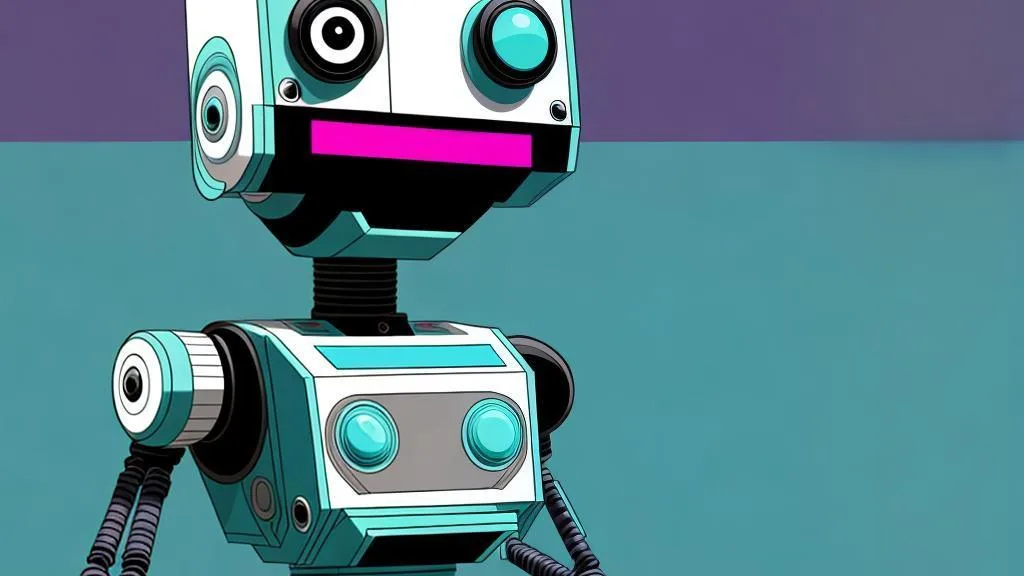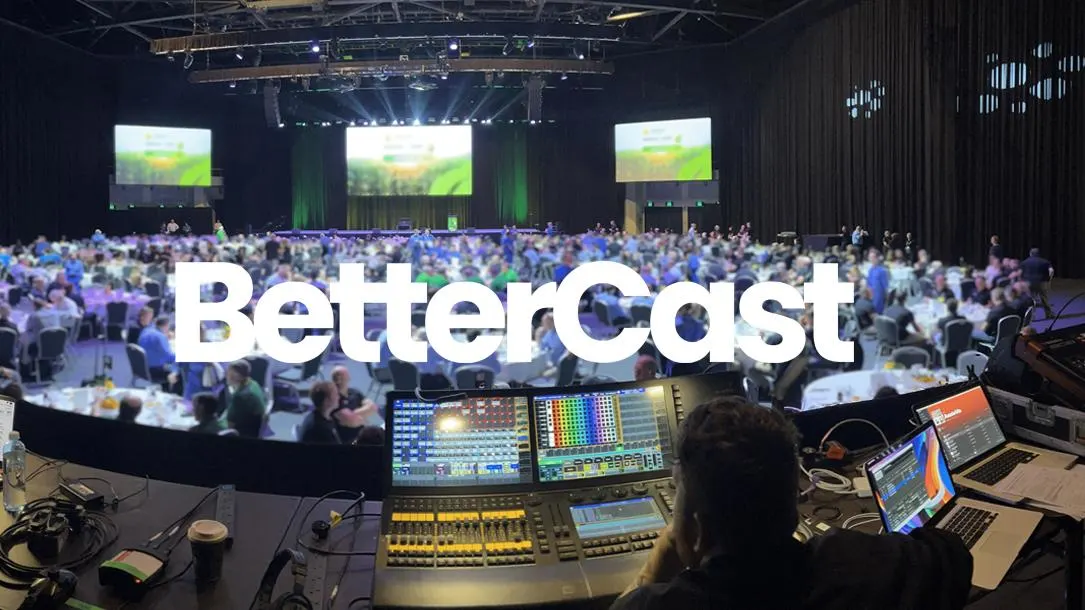How To Write AI Art Prompts?
Hello fellow business owners, marketers, content wizards, and digital entrepreneurs — fasten your seatbelts, because …

Welcome aboard, fellow marketers and content creators! Grab your favorite caffeinated beverage and buckle up because we're about to plunge into the riveting world of artificial intelligence – its monumental influence on content creation, its glittering potential, and the edgy debates it has sparked.
This is the story of a seismic shift in our digital landscape, with AI at the helm, challenging how we've always conceived and executed content creation. Just buckle up and understand this isn't just a sci-fi movie plot. It's right here, right now, changing the way we strategize SEO, drive website traffic, and grow businesses in the digital stratosphere, even as you sip that hot latte.
fresh-faced student was pointing out how innumerable phrases in English language and literature have so deep roots in William Shakespeare's works that they have since grown into clichés. Little did he know that his critique would echo the sentiments of today’s skeptics who question the artistic capabilities of artificial intelligence (AI) in the world of content writing.
While AI has shown promise in content creation, it is nowhere near replacing the human quotient. Instead of undermining the value of human writers, AI can be leveraged as a tool to enhance their efficiency.
So, the question is no longer whether AI will replace human writers; instead, it's about how quickly we can adapt and master this powerful tool to leverage its fullest potential.
Remember, the world of technology might surge ahead with breakneck speed, but when it comes to content that truly resonates, it is, was, and always will be, ‘the human behind the machine’ that takes the gold. Here's to a future where human creativity pairs with AI's precision, forging the ideal partnership!
AI is like a vehicle in a writer's journey, accelerating the process but requiring driver's control. As Yedoye Travis hinted, it's easier to edit AI-drafted scripts than starting from scratch. AI’s current status and capabilities suggest that it is not yet the successor but a promising ally to the human content writer.
The amalgamation of AI and human creativity is visibly bound to herald a new era of content creation.
However, it raises the urgent need for striking a balanced alliance where AI tools supplement human creativity rather than replace it. As businesses absorb AI into their content schemes, prioritizing equitable labor practices and preserving the sanctity of human creativity will be paramount. In the light of this, a content industry powered by human creativity and amplified by AI seems like a compelling manuscript for the future script.
Some other posts you may like

How To Write AI Art Prompts?
Hello fellow business owners, marketers, content wizards, and digital entrepreneurs — fasten your seatbelts, because …
August 18, 2023
Read More
Case study: BetterCast - A Journey from Vision to Reality
BetterCast began as a passion project, born out of necessity, when COVID-19 brought travel and …
August 18, 2023
Read More